- English
- русский
- Español
- Français
- 日本語
- Deutsch
- tiếng Việt
- Italiano
- Nederlands
- ภาษาไทย
- Polski
- 한국어
- Svenska
- magyar
- Malay
- বাংলা ভাষার
- Dansk
- Suomi
- हिन्दी
- Pilipino
- Türkçe
- Gaeilge
- العربية
- Indonesia
- Norsk
- تمل
- český
- ελληνικά
- український
- Javanese
- فارسی
- தமிழ்
- తెలుగు
- नेपाली
- Burmese
- български
- ລາວ
- Latine
- Қазақша
- Euskal
- Azərbaycan
- Slovenský jazyk
- Македонски
- Lietuvos
- Eesti Keel
- Română
- Slovenski
- मराठी
- Srpski језик
- Português

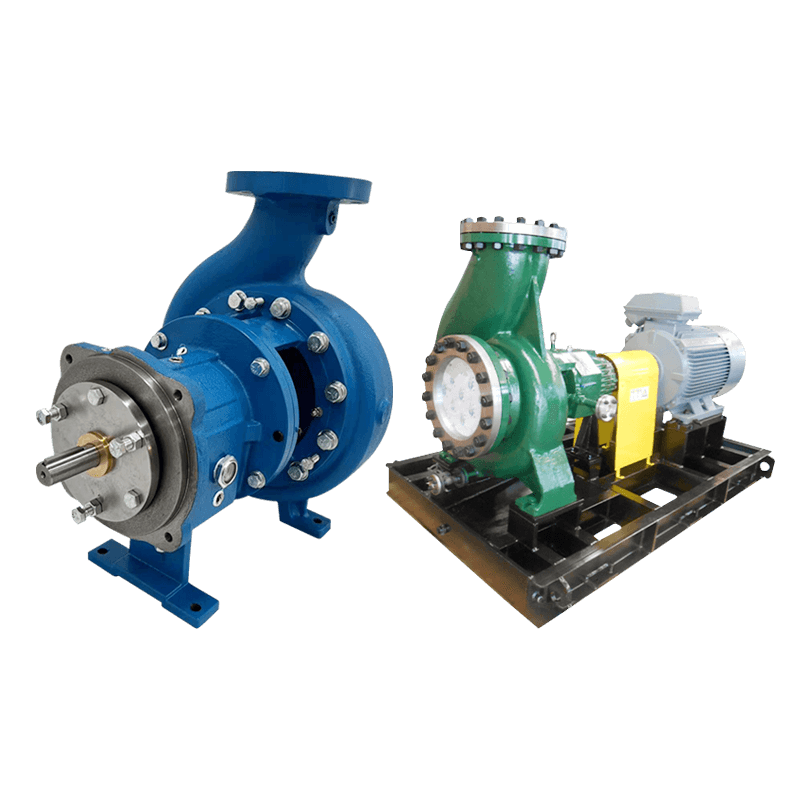

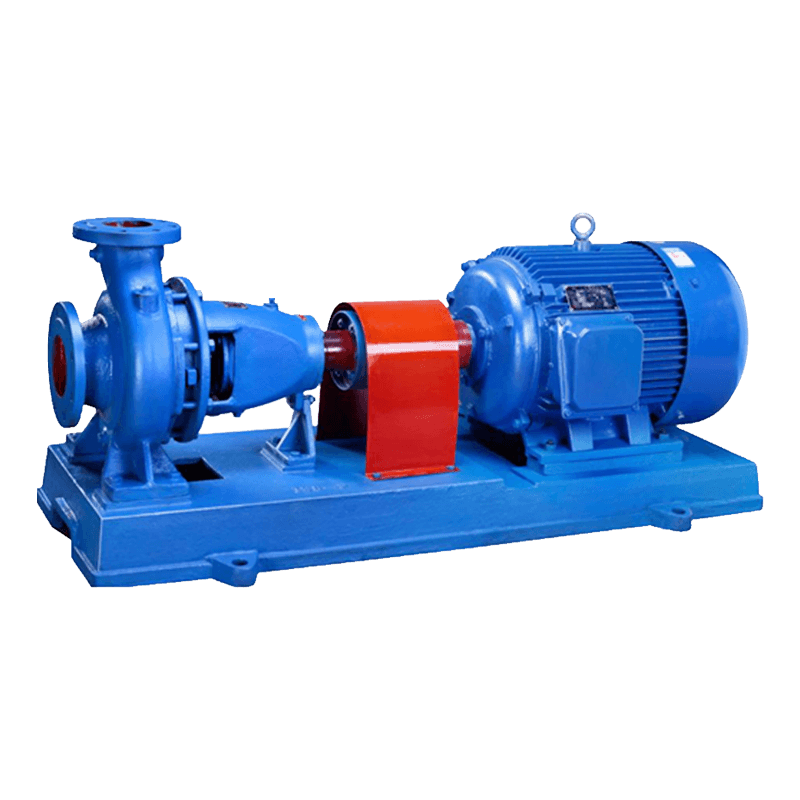




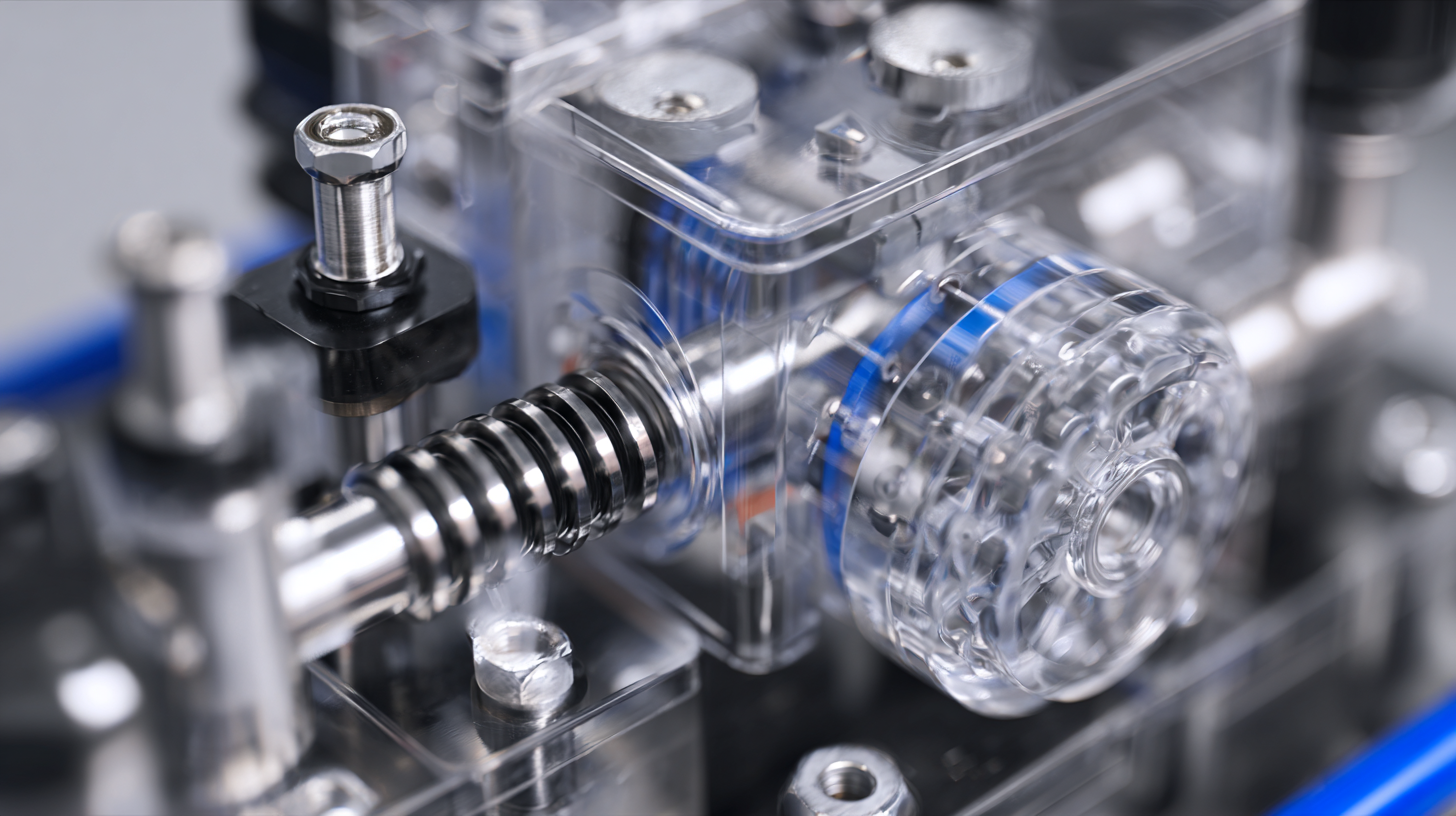
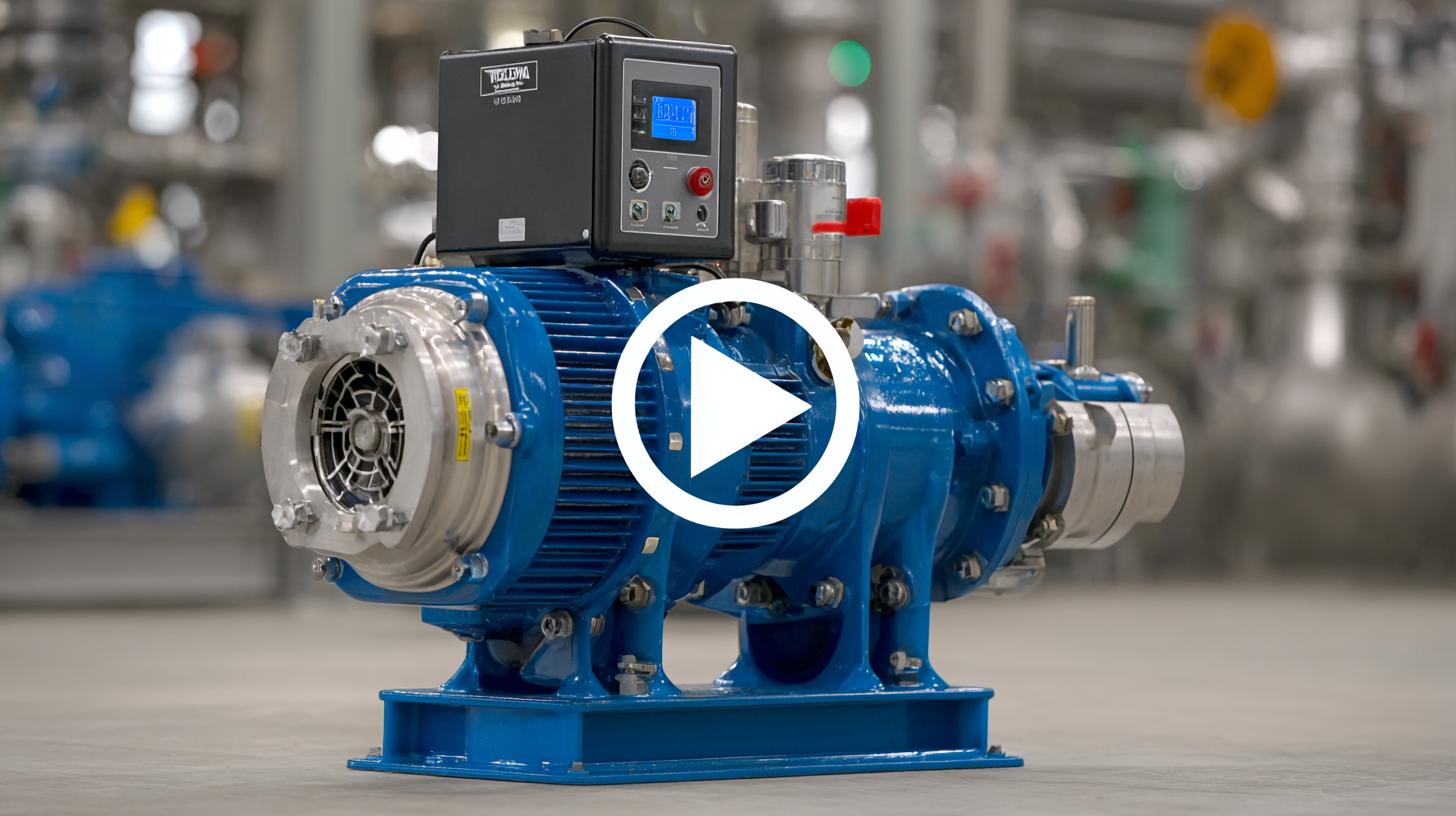
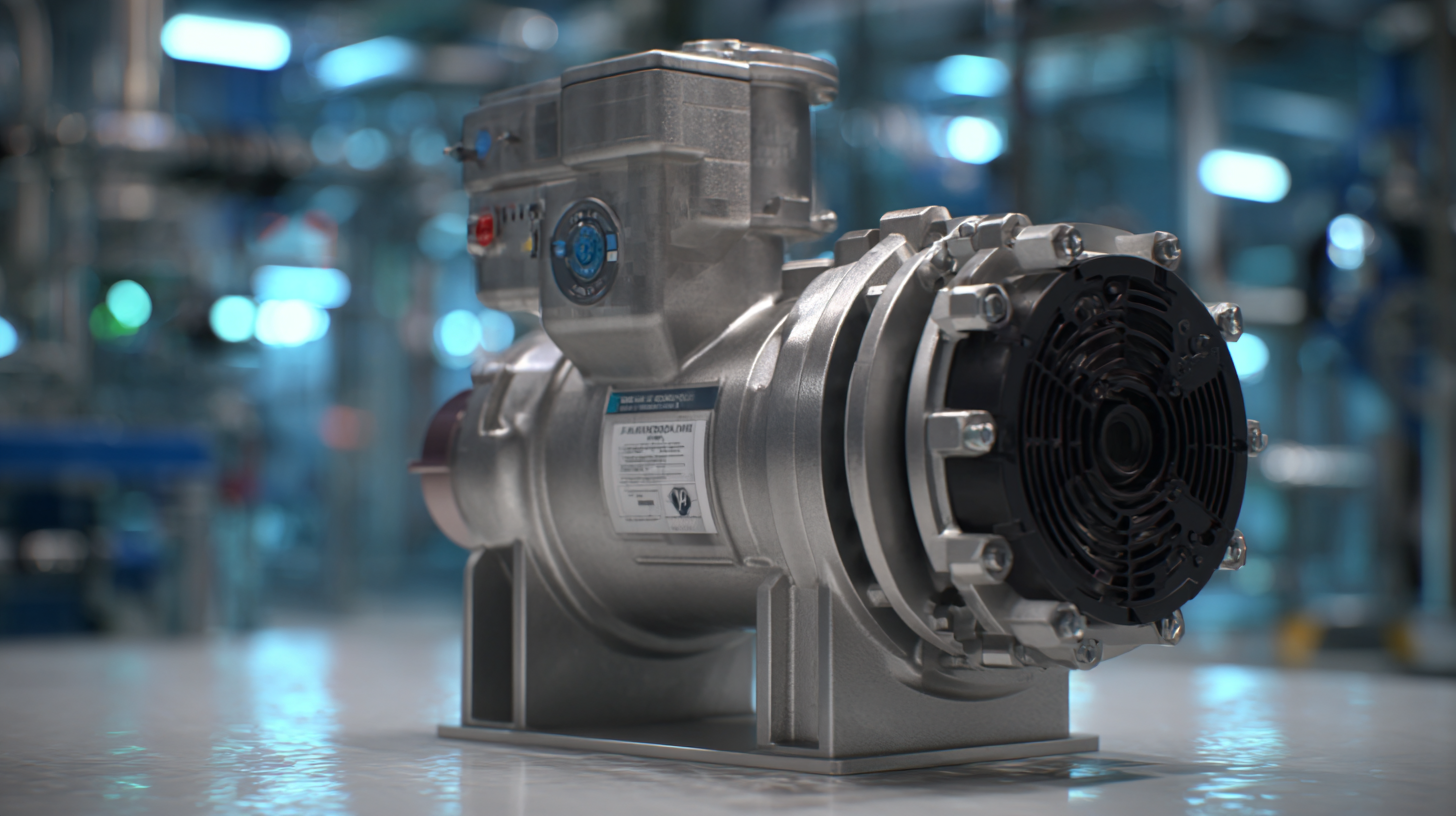 Emerging markets are poised to revolutionize the use of efficient water vacuum pumps across various industries. With a rising demand for sustainable and effective water management solutions, these regions present immense opportunities for manufacturers and service providers. As industries in developing nations expand, the need for reliable vacuum systems that enhance productivity while minimizing environmental impact becomes increasingly critical.
Emerging markets are poised to revolutionize the use of efficient water vacuum pumps across various industries. With a rising demand for sustainable and effective water management solutions, these regions present immense opportunities for manufacturers and service providers. As industries in developing nations expand, the need for reliable vacuum systems that enhance productivity while minimizing environmental impact becomes increasingly critical.